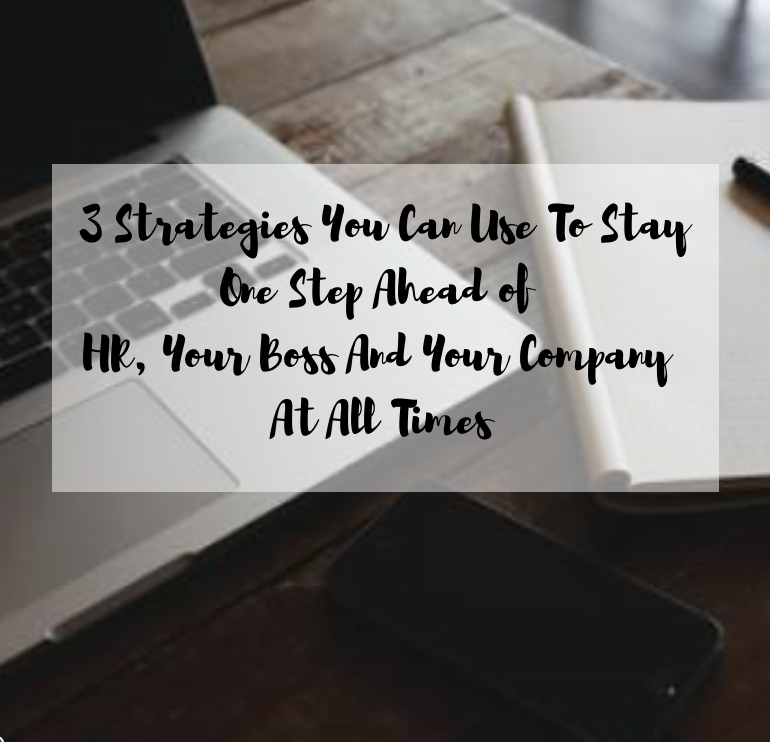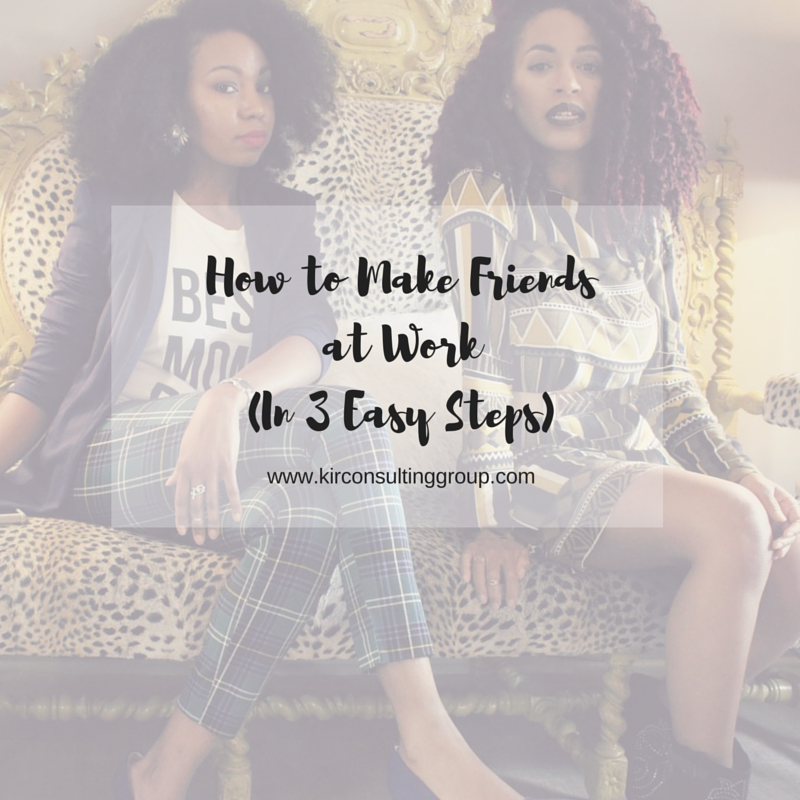I'd like to think that when people look at me, they see a woman who’s got her stuff together – someone who is sure of herself and her career. I am a career coach and HR professional and have the opportunity to do something for work that I love and am good at.
I’ve hit the career lottery, but I can assure you, this hasn’t always been the case.
Throughout my time in college, I just knew I was going to become a therapist. I declared the right major, got the right grades and was accepted into an Ivy League clinical psychology program when I graduated.
Everything in my life seemed to be falling into place, which is why I stunned everyone around me (including myself) by writing a letter to the admissions office, asking to defer my acceptance into the grad program for one year.
The idea was to accept a full time job, where I'd be supporting a trading desk at an investment bank in NYC. I had it all planned - I would only stay there for one year while I saved some money to provide a cushion for when I went to grad school for my Masters and then Ph.D. Never mind that I had no interest or experience with anything related to Wall Street – that was irrelevant. Fast forward 10+ years later, and I never made it back to get those degrees.
Although my career path has been unexpected to say the least, I've learned a lot about the world of work, human beings in general, and myself over the past decade in Corporate America.
I’m sure I could go on for hours with encouraging words of wisdom and advice (like how many hours of sleep I actually need and how I do my best work a few hours before a deadline), but the biggest career lessons I’ve learned can be boiled down to 3 main points.
1. IF YOU DON'T MAKE YOUR OWN CAREER CHOICES, SOMEONE ELSE WILL MAKE THEM FOR YOU
This is a concept that I really wish I'd grasped earlier on in my career. I spent the better part of 5 years going through the motions every day and letting my career be dictated to me by my company, my boss and my family. If I'm being honest, the decision to abandon...I mean defer grad school and enter corporate America was solely to please other people. I never felt anyone truly believed in my dream to become a therapist, and even those that did, were still convinced it would never make me any real money.
Sure, I was paid well on Wall Street, but my hours, wardrobe, interests, and social life were controlled by my job. What good is making a lot of money if you’re working 12-hour days and weekends, never given the chance to enjoy it?
2. TAKE RISKS SOONER RATHER THAN LATER
The beginning of my career – before the husband, the kid and the mortgage – would've been the perfect time to explore some of my riskier dreams and passions. I've always wanted to work and live abroad, become a teacher, work for a non-profit and join the Peace Corps.
While I know I can still accomplish at least one of these things and there's no expiration date on going after a dream, I have to admit that it's a lot more challenging to do so with a 2 year old in tow, no matter how adorable she may be.
3. KNOW WHEN IT’S TIME TO WALK AWAY
I knew on my second day at that investment bank that it wasn't the right fit for me. Yet, even with that knowledge, it took five years before I did anything about it. That's five years of not working in my purpose, five years of mindless, soul crushing work and five years of unnecessary stress that led to weight gain, health issues and sad times. Looking back, I can tell you that I was paralyzed by fear – of failure, change, and the unknown.
Would my career journey have been easier if I knew then what I know now? Sure. Would I have ended up in a drastically different place than I am today? Maybe not. Eleven years after college graduation, I can tell you with 100% certainty that I have zero interest in being anyone’s therapist. I also believe that I would've come to this same conclusion even if I went off to the Ivy League instead of Wall Street.
We spend most of our waking hours at work, and while it would be amazing if every person were given a step-by-step, specific blueprint of how to navigate the 40-50 years they spend at work, this just doesn't happen. The best we can all do is to learn from our mistakes and have the courage to change direction when the current path isn't working. This is my goal every single day and I hope it's yours as well.
If you're currently on a career path and you think it's time for a bit of course correction of your own, check out the Career Makeover toolkit. My free 5 day guide to transforming your career into the one you've always wanted.







 I've been in HR since 2010 and during this time I've learned a lot about how decisions are made on employees. In the past 6 years I've done the hiring and (unfortunate) firing as well as everything in between for thousands of employees.
I've had the opportunity to recruit and interview potential candidates, design and deliver training courses, create programs and initiatives and coach employees from all backgrounds on how to navigate their careers.
I've been in HR since 2010 and during this time I've learned a lot about how decisions are made on employees. In the past 6 years I've done the hiring and (unfortunate) firing as well as everything in between for thousands of employees.
I've had the opportunity to recruit and interview potential candidates, design and deliver training courses, create programs and initiatives and coach employees from all backgrounds on how to navigate their careers. There are so many things about having to work that can be irritating. Whether it's working for a boss you can't stand or having an extra long commute, even those who are lucky enough to have
There are so many things about having to work that can be irritating. Whether it's working for a boss you can't stand or having an extra long commute, even those who are lucky enough to have  The relationship between you and your boss is an important one. Your boss is responsible for making decisions on the direction and enjoyability of your career and can ultimately make or break your experience at work.
The relationship between you and your boss is an important one. Your boss is responsible for making decisions on the direction and enjoyability of your career and can ultimately make or break your experience at work. Last week
Last week 